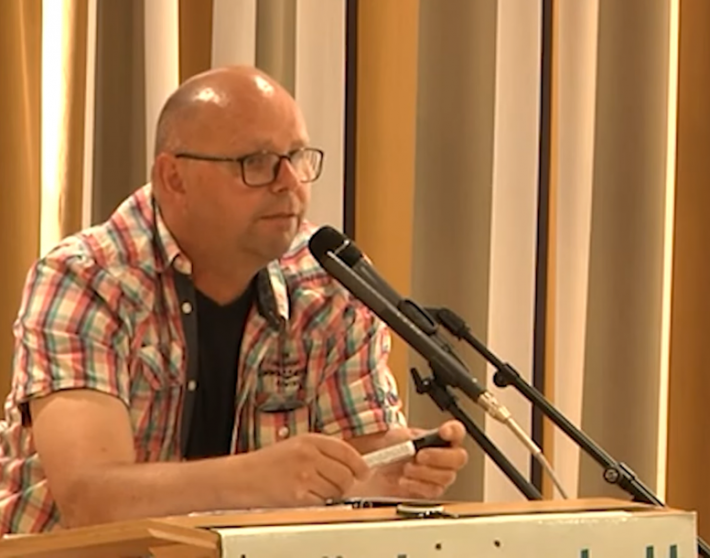Sept. 28, 2022 (EIRNS)—Foreign Ministers of the Shanghai Cooperation Organization (SCO) wrapped up their two-day meeting in Tashkent, Uzbekistan, today having discussed the agenda for the Sept. 15-16 summit of the group’s heads of state and touched on several other topics of regional and international importance—the war in Ukraine, the Afghan situation, food and energy security, the threat of global recession, and the need to cooperate on regional issues, including on projects that are part of China’s Belt and Road Initiative (BRI). Given the increasingly complex international situation, the ministers stressed the importance of safeguarding regional security and stability.
One expert cited by Global Times noted the attractiveness of the SCO to many neighboring countries, given its emphasis on cooperation and regional development. Members also discussed ongoing cooperation for SCO expansion. Belarus’s application for full membership was discussed according to BeLTA news agency. SCO Secretary General Zhang Ming reported that the SCO has received 11 applications to join the organization in one or another capacity, or to upgrade existing status. He mentioned that at the Sept. 15-16 heads-of-state summit in Samarkand, Uzbekistan, “we expect the SCO heads of state to adopt a memorandum of obligations for the Islamic Republic of Iran to receive SCO membership.”
It was stressed that SCO expansion is not a response to NATO expansion but rather related to SCO’s focus on regional cooperation rather than confrontation.
On the sidelines of the conference, there were several bilateral meetings, including one between China’s Wang Yi and Russia’s Sergey Lavrov. A meeting between Wang and Indian External Affairs Minister Dr. S. Jaishankar had been mooted but it’s not clear whether it took place, given tensions between those two nations. Jaishankar did meet with Lavrov. Wang also met with Uzbek Acting Foreign Minister Norov Vladimir Imamovich to stress their excellent relationship and Imamovich’s commitment to Uzbek development and revitalization.
Lavrov and Wang had a substantive discussion, TASS reported, stressing, among other things, the SCO’s leading role “in building a regional security architecture and its constructive contribution to the process of maintaining peace and stability and ensuring economic development in Eurasia,” according to a statement from the Russian Foreign Ministry. Ministers from all eight member countries attended the summit: China, Russia, India, Kazakhstan, Kyrgyzstan, Pakistan, Tajikistan, and Uzbekistan. Currently Belarus, Afghanistan, Iran, and Mongolia are observer nations. Dialogue partners are Azerbaijan, Armenia, Cambodia, Nepal, Turkey, and Sri Lanka.


















